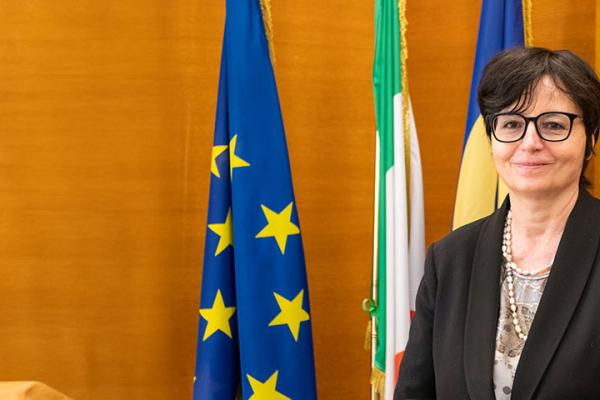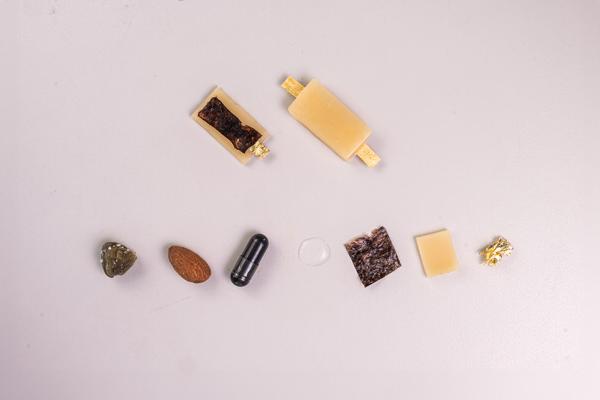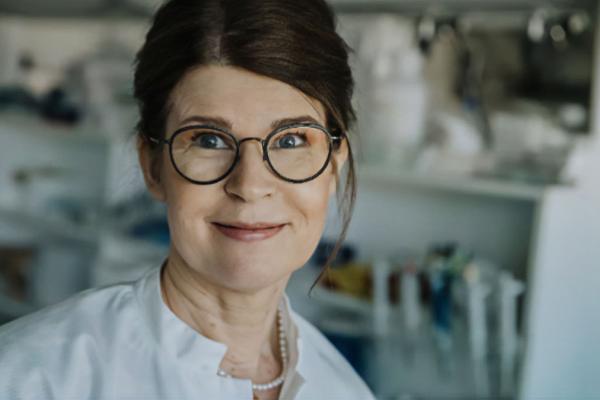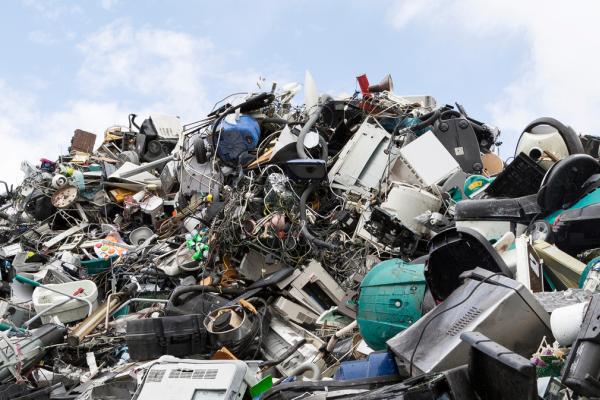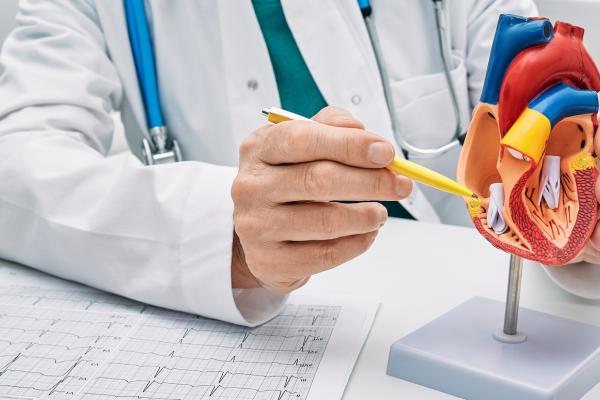Automation will play a growing role in people’s lives and Europe has the know-how to lead the way, according to a top Italian researcher.
With the race to build a new generation of computers heating up, European companies are eyeing the game-changing opportunities.
Improved cybersecurity defences for electronic commerce have emerged from EU-funded projects.
Edible electronics are being developed to assist rescue operations and go inside hospital patients, setting the stage for all-consuming tech to become consumable.
Simulations of the human body and advanced data promise more personalised medical treatment for a range of illnesses.
EU researchers are coming up with new ways to tackle the range of illnesses tied to the human body’s most complex organ.
New machines can improve conditions for workers and boost industrial productivity.
Drawing inspiration from birds, fish and even worms, researchers in Europe are developing machines to explore places on Earth that are difficult for people to reach.
Extracting gold, silver and other commodities from discarded goods has industrial, geopolitical and environmental benefits for the EU.
Two major illnesses in Europe have prompted EU researchers to hunt for cures by grouping affected people.





